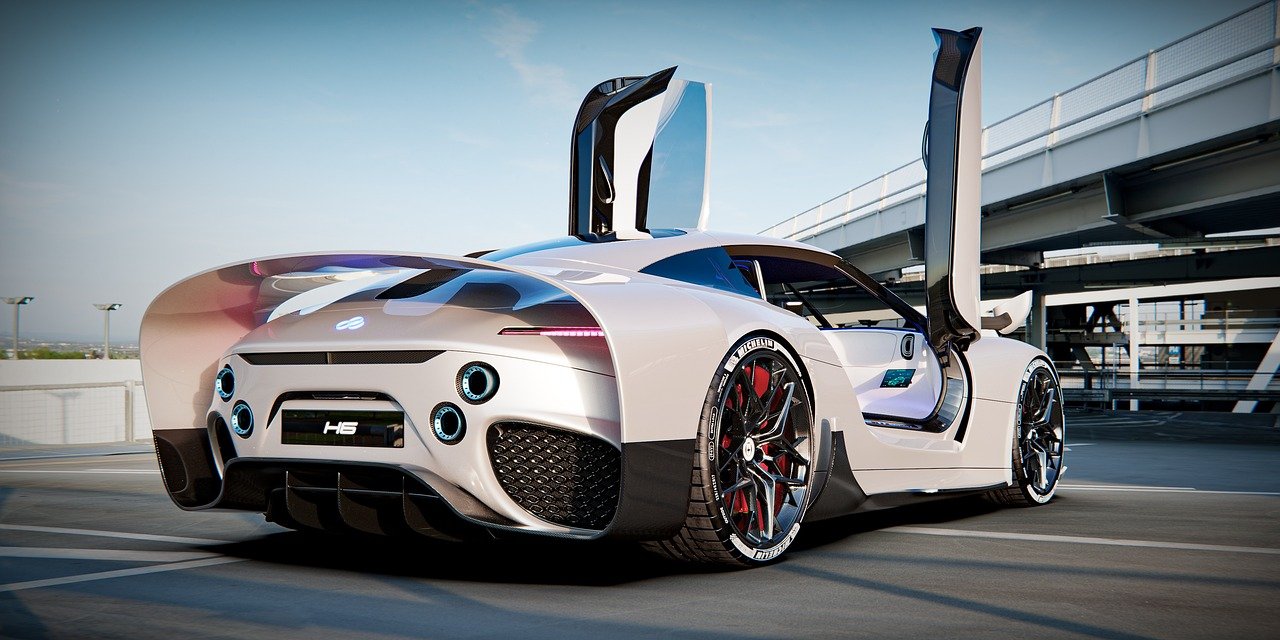The automotive industry has always been at the forefront of innovation, but the rapid advancements of recent years have set the stage for a transformative 2025. Here are ten groundbreaking trends shaping the future of the industry:
1. Electric Vehicles (EVs) Becoming Mainstream
Electric vehicles are no longer a niche market. With advancements in battery technology, a reduction in charging times, and an increase in charging infrastructure, EVs are becoming the primary choice for consumers. Major automakers are launching affordable EVs with extended ranges, ensuring widespread adoption.
2. Autonomous Driving Technologies
Self-driving cars are moving closer to full autonomy. Level 4 and Level 5 autonomous vehicles are being tested and refined for commercial and personal use. Enhanced AI, sensors, and machine learning algorithms are making autonomous driving safer and more reliable than ever.
3. Connectivity and Smart Features
The integration of IoT (Internet of Things) in vehicles is revolutionizing the driving experience. Connected cars can now interact with each other, traffic systems, and smart city infrastructure, offering real-time updates, predictive maintenance alerts, and enhanced navigation features.
4. Advanced Driver-Assistance Systems (ADAS)
ADAS features like adaptive cruise control, lane-keeping assistance, and automatic emergency braking are becoming standard. These systems are not only improving safety but also paving the way for semi-autonomous driving.
5. Sustainable Manufacturing Processes
Automakers are focusing on eco-friendly manufacturing. From using recycled materials to minimizing carbon footprints, sustainability is a key focus. Companies are adopting renewable energy in production facilities and developing biodegradable car components.
6. Shared Mobility Solutions
Ride-sharing and car-sharing platforms are gaining momentum, particularly in urban areas. This trend is driven by the younger generation’s preference for access over ownership. Subscription models for cars are also on the rise, offering flexibility and convenience.
7. Hydrogen Fuel Cell Vehicles
While EVs dominate the conversation, hydrogen fuel cell vehicles are emerging as a promising alternative. With zero emissions and faster refueling times, they are especially viable for long-haul transportation and commercial fleets.
8. Vehicle-to-Everything (V2X) Communication
V2X technology enables cars to communicate with each other, infrastructure, and pedestrians. This technology enhances road safety, optimizes traffic flow, and reduces congestion by providing real-time data and predictive analytics.
9. Advanced Battery Technologies
Breakthroughs in battery technology, including solid-state batteries, are set to revolutionize the EV market. These batteries offer greater energy density, faster charging, and longer lifespans compared to traditional lithium-ion batteries.
10. Personalized In-Car Experiences
Customization is key in 2025. Cars are being designed to offer personalized in-car experiences, including AI-driven assistants, ambient lighting, tailored entertainment systems, and even biometric recognition for enhanced security.
Conclusion
The automotive industry in 2025 is a blend of innovation, sustainability, and connectivity. From the rise of electric and autonomous vehicles to advancements in battery technology and shared mobility, the future is set to transform the way we perceive and experience transportation. These trends not only promise a more efficient and eco-friendly automotive landscape but also pave the way for safer, smarter, and more personalized travel experiences.







Leave a Comment